Pancreatitis in Cats: Causes, Symptoms & Treatment
16.03.2022.
One of the most critical things cat owners have to do is keep their cats healthy and happy. We would be the happiest if we’d be sure our cats would never get sick. Unfortunately, no one can guarantee that. One of the potential illnesses your cat can get is pancreatitis. This disease can be pretty tricky to diagnose in cats, so many cat owners have no idea their cats have pancreatitis. Here’s what you should know about pancreatitis in cats.
What exactly is the pancreas?
The pancreas is a vital organ located on the right side of the abdomen, next to the stomach. It generates enzymes to aid in food digestion as well as hormones such as insulin, which regulates blood sugar and glucose metabolism.
RELATED: Cat Down Syndrome - Can Cats Have It?
What exactly is pancreatitis in cats?
Pancreatitis can occur in cats on rare occasions. When it does, it is frequently accompanied by liver and intestine inflammation. This multi-organ inflammatory process is known as "triaditis" in some circles. This happens because the inflammation caused by acute pancreatitis allows digestive enzymes to leak into the abdominal cavity.
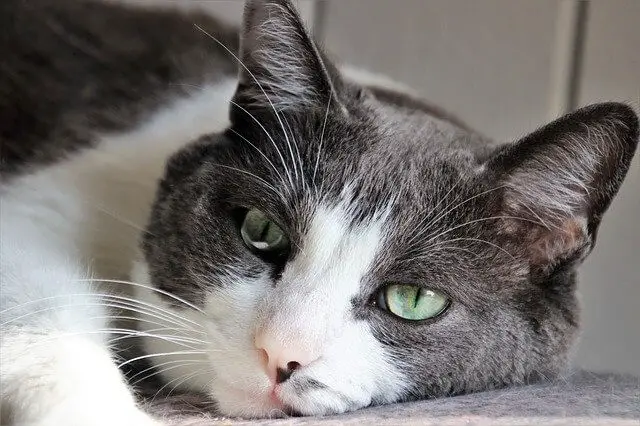
Pancreatitis has no age, gender, or breed predisposition. Acute pancreatitis can be mild and edematous, or it can be severe and hemorrhagic.
Cats who recover from an acute episode of pancreatitis may develop recurrent pancreatitis. This is known as chronic pancreatitis.
Pancreatitis causes
Pancreatic enzymes are normally produced inactively and travel through the pancreatic duct to the duodenum, a section of the small intestine. They are activated to begin digestion once they reach the small intestine. Pancreatitis causes these enzymes to be activated prematurely in the pancreas rather than later in the small intestine. Consider this a time-release capsule that bursts before reaching its intended target; in this case, the pancreatic enzymes begin to digest before they should.
As a result, the pancreas begins to digest itself, and the clinical signs begin. Pancreatitis clinical signs are frequently variable, and the severity of the disease is determined by the extent of organ involvement.
Pancreatitis appears to occur spontaneously in cats, with no identifiable trigger or inciting cause. Pancreatitis can also be caused by underlying conditions such as inflammatory bowel disease or diabetes mellitus.
RELATED: How Often Should I Take My Cat to the Vet?
What symptoms indicate pancreatitis in cats?
The symptoms of pancreatitis in cats are frequently ambiguous. Most common symptoms of pancreatitis in cats are as follows:
- Lethargy
- Appetite loss
- Dehydration
- Fever
- Low body temperature.
- Vomiting (occurs in approximately one-third of cats with pancreatitis)
- Stomach ache
- Diarrhea
- Breathing difficulties (if the lungs become affected)
- Coordination problems (if the brain is affected)
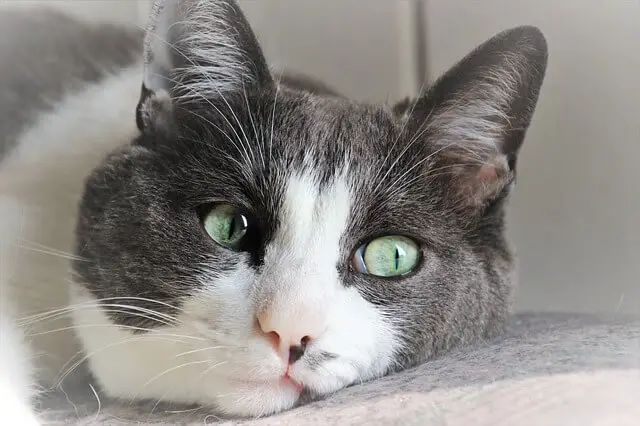
Some cats may have only one or two of these symptoms. Because pancreatitis often happens with other diseases, you may notice symptoms such as jaundice (with liver and biliary disease), increased drinking, and weight loss (with diabetes).
How is pancreatitis diagnosed in cats?
Laboratory tests typically reveal an elevated white blood cell count; however, a high white blood cell count can be caused by conditions other than pancreatitis. The diagnosis is confirmed if pancreatic enzyme levels rise in the blood. Still, many cats with pancreatitis have normal pancreatic enzyme levels. A new pancreatic test has recently become available to diagnose pancreatitis even if pancreatic enzyme levels are normal.
With severe hemorrhagic pancreatitis, radiographs may show changes associated with inflammation in the pancreatic area. Ultrasound may be more helpful in detecting inflammation in the pancreas or the surrounding area. Unfortunately, many cats suffering from pancreatitis will go undetected by any of these tests. As a result, in many cases, the diagnosis of pancreatitis is tentative or presumptive, based solely on clinical signs and medical history.
RELATED: How Long Do Cats Live? Can I Prolong My Cat's Life?
What is the treatment for pancreatitis?
Early diagnosis and prompt medical treatment are critical for successful pancreatitis management. Treatment for mild, edematous pancreatitis is supportive, consisting of "resting" the pancreas and allowing the body to heal itself.
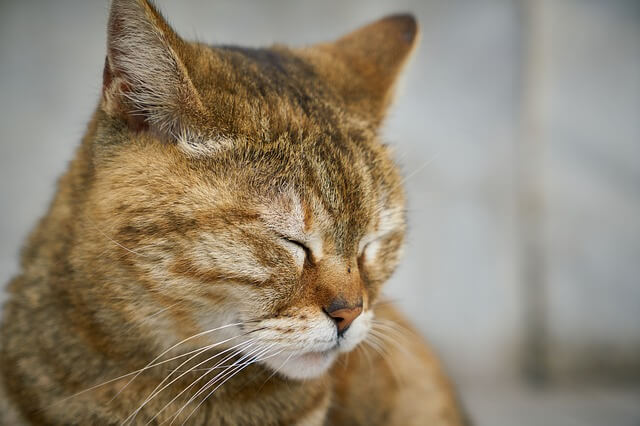
The only way to "turn off" the pancreas is to withhold all fluids and food. The pancreas will not be required to secrete any digestive enzymes that may inadvertently harm the pancreas or surrounding organs. Intravenous fluids will be administered to maintain normal fluid and electrolyte balance, and analgesics will alleviate the severe pain. Many cases will also necessitate the use of anti-inflammatory medications or other medications to control vomiting or diarrhea. If a concurrent infection is suspected, antibiotics will be administered.
Most pancreatitis cats are hospitalized for two to four days while intravenous fluids and medications are given and food is gradually reintroduced. If the cat has severe hemorrhagic pancreatitis or is showing signs of systemic shock, intensive care is required, including aggressive intravenous fluids and medications to counteract shock. If your veterinarian suspects that the underlying cause is inflammatory bowel disease, your cat may need to be switched to a special diet for cats with food intolerance. Furthermore, if your cat is found to have diabetes mellitus at the same time, additional treatment may be required.
RELATED: How Long Does a Cat Stay In Heat?
What is the prognosis for a pancreatitis-diagnosed cat?
The prognosis is determined by the severity of the disease at the time of diagnosis as well as the response to initial therapy. Cats who exhibit shock and depression mostly get a bleak prognosis. With early intervention and aggressive treatment, most mild forms of acute pancreatitis have a good prognosis.
World Cat Finder Team

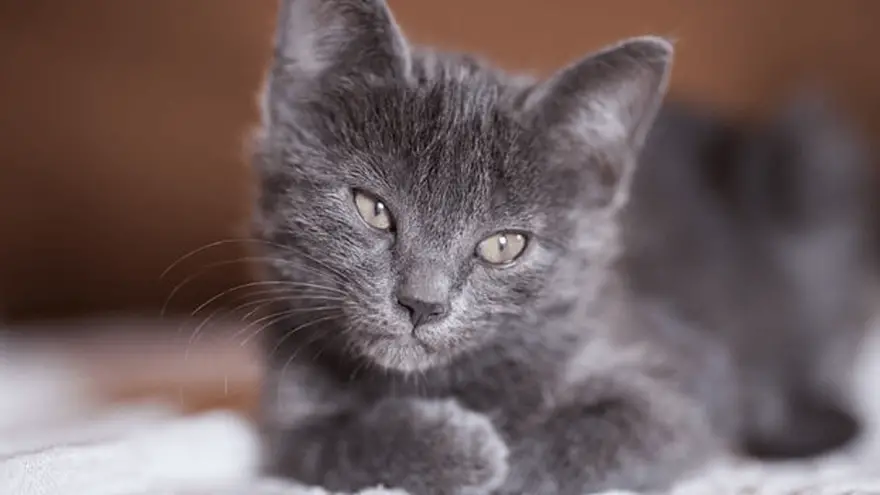

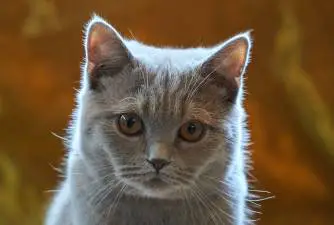



Share